AO Edited
Gastro Obscura
Rosa's Cantina
One of El Paso's oldest dives may have inspired the classic Marty Robbins song.
“Out in the west Texas town of El Paso, I fell in love with a Mexican girl.” For many people, Marty Robbins’ classic gunfighter ballad is their first and sometimes only impression of Texas’ largest border city. They may be surprised to discover that the setting of the song, Rosa’s Cantina, is actually a real place. What’s more, this humble long-running bar may have inspired the song itself.
The history of Rosa’s Cantina is shared with the neighborhood in which it resides. This part of El Paso is historically known as Smeltertown, and as the name suggests, it has a long industrial history. For more than 100 years beginning in the 1880s, ASARCO (American Smelting and Refining Company) ran a smelter nearby, producing metals such as lead, zinc, and most important, copper. Due to this industrial blight, the neighborhood around it remained mostly working class and tied to the nearby factories. Most residents in this part of town were and are of recent Mexican heritage.
One such family was Roberto (Beto) and Anita Zubia. As with many people in early Smeltertown, Beto’s father was a smuggler and bootlegger, and he grew up in the area. In 1955, he bought an old building, then in operation as a bar called “Los Tigres.” He would run the cantina, and Anita became head chef. A few years later, Marty Robbins passed through town, and here is where the timeline gets murky.
Was Rosa’s Cantina named in response to a hit song, or did Robbins take his inspiration from the bar’s name? For his part, Robbins always claimed the story was fully invented, saying, “I’ve never been able to find Rosa’s place myself.” In addition, El Paso’s official city directory doesn’t record the bar changing its name until 1961, two years after the song’s 1959 release. However, Beto always insisted that he changed the name of the bar in 1957, soon after he took it over, during a meeting with some friends and two sisters, Trini and Rosa.
In this version of the story, Robbins, who always claimed to take inspiration for the song from the drive to El Paso and Ciudad Juárez, was likely driving into town on Doniphan Drive, which would have been the main road in those days before the arrival of the interstate. Seeing the name of the bar from the road, or perhaps even stopping by, “Rosa’s Cantina” would become his “cellar door,” an instantly beautiful sound, from which the tale of a lovelorn jealous gunslinger and his love Faleena would arise.
Either way, the song was a smash, reaching #1 on both the U.S. Billboard Country and Pop charts, and both Rosa’s and Robbins would trade on its ubiquity for decades to come. Robbins would return to the scene of El Paso and Rosa’s Cantina once more, this time writing a prequel from Faleena’s perspective. And Beto and Anita would use the newfound fame to keep the bar at the edge of town running, with just enough notoriety to keep the lights on for their regulars, who would continue to come in even after the ASARCO smelter shut down in 1999.
And that leads to the second great surprise of Rosa’s Cantina–not only does it exist, but it has resisted becoming a tourist trap. In many ways, it certainly feels and acts like a tourist trap–there’s a guestbook to sign, and lots of images of Marty Robbins on the walls, and many tourists do make the pilgrimage. However, on any given night, a lot of the clientele remains local, and as many people are there for the serviceable food, the karaoke, or especially the live music and dancing as are there for the legend.
Although the new owners have renovated the bar, the exterior still retains the nondescript industrial character that it has had for decades. Over time, it’s become one of the oldest dive bars in El Paso, and in many ways, the bar’s own history has become the attraction, regardless of the veracity of its central legend. And if nighttime should find you at Rosa’s Cantina, rest assured, you’ll be enjoying an evening with the unique culture and atmosphere of Smeltertown.
Know Before You Go
Swing by on Wednesdays for karaoke and on Thursdays for a live mariachi band.
Plan Your Trip
The Atlas Obscura Podcast is Back!




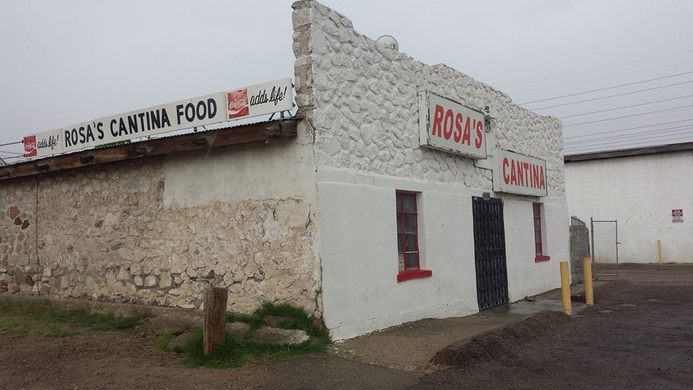
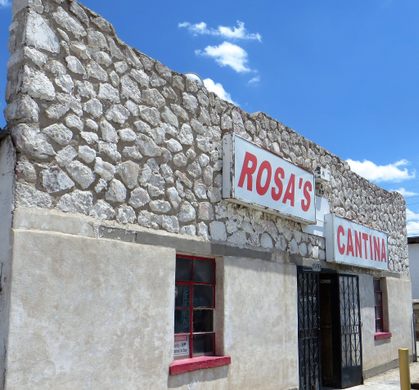
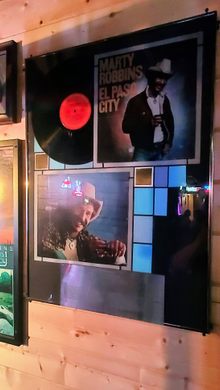

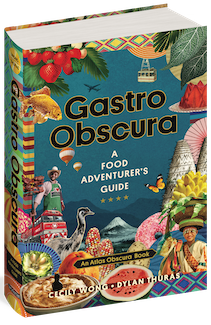


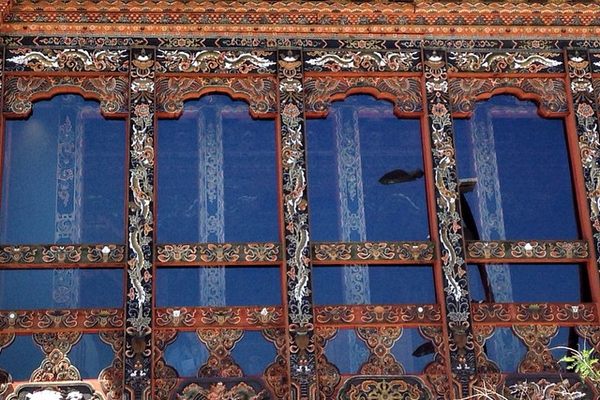
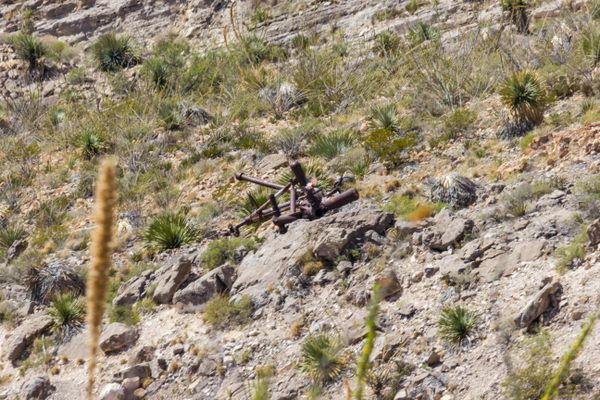



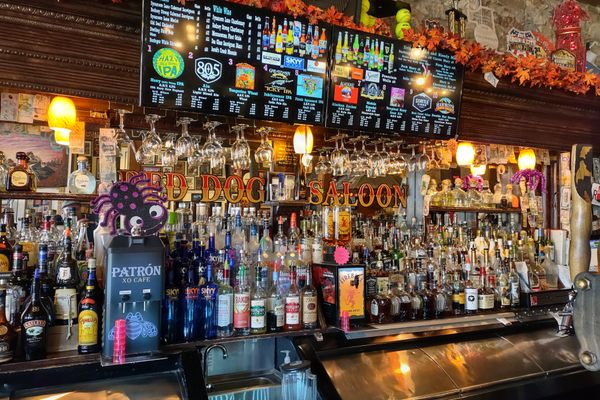


Follow us on Twitter to get the latest on the world's hidden wonders.
Like us on Facebook to get the latest on the world's hidden wonders.
Follow us on Twitter Like us on Facebook